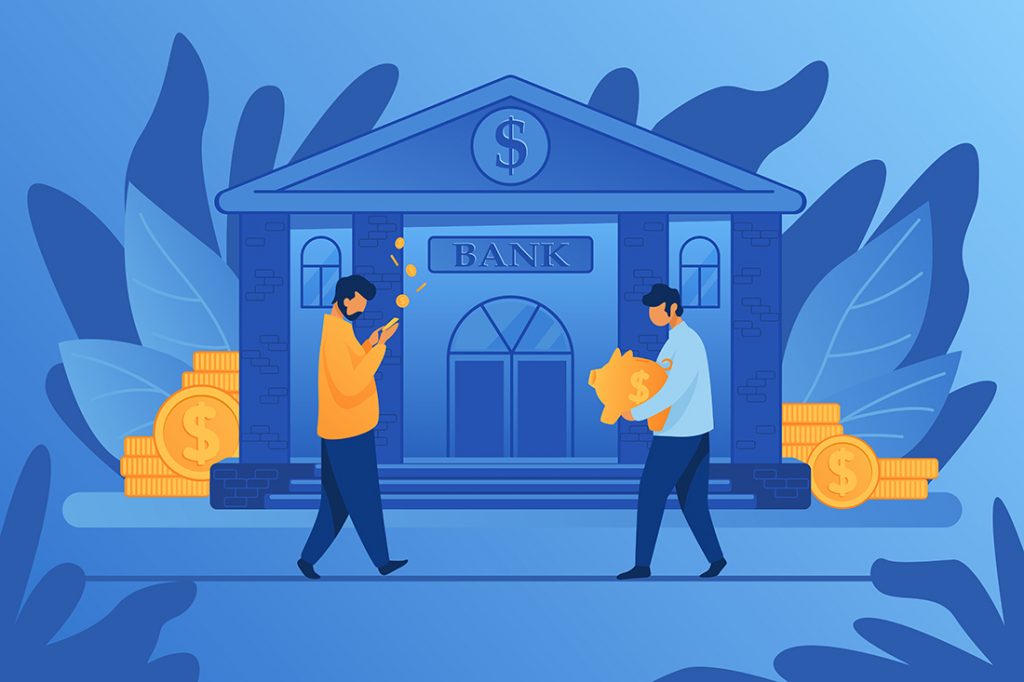NuData Fraud Risk Analysis 2020
Pandemic Traffic
December 2, 2020
“In general, traffic hasn’t gone down as much as it has shifted from one industry to another, after users have seen their needs change.”
-Randy Lukashuk, NuData CTO
In this series, we cover the attack modes taken by bad actors to carry out fraud and the impact fraudulent activities have on different industries.
NuData’s digital report reviewed changes among the following:
Digital Goods
eCommerce
Financial Institutions
Travel
Events
eCommerce & Digital Goods
Stay-at-home orders and greater anxiety about physical proximity has led to a 67% increase among eCommerce platforms and digital goods distributors compared to 2019. Two common user interaction points in digital transactions, account creation and checkout, lend insights to the spike in changes that have occurred over the past year.
In the sharpest year-over-year change, account creation highlighted growth that likely resulted from brick-and mortar-store closures and the necessity to conduct business online (such as banking and bill payments).
eCommerce and digital goods providers have largely taken the opportunity to invest in and improve security tools whilst also enhancing user experience by enabling seamless adaption to the digital landscape.
Financial Institutions
How institutions, small businesses and other entities handle these cyber-attacks has the greatest of impacts on consumers. In the next part of our series: pandemic trends and their effects on industry.

The steady and constant stream of attacks against financial institutions stresses the need to protect user endpoints, regardless of consumer changes occurring in the online environment.
Travel
The trajectory for growth in the travel industry was on the rise before an incremental and then sudden decline by March. At the onset of border closings and government shut-downs, airlines and the travel sector only saw an up-tick in online traffic as consumers cancelled booking or changed reservations.
The trajectory for growth in the travel industry was on the rise before an incremental and then sudden decline by March. At the onset of border closings and government shut-downs, airlines and the travel sector only saw an up-tick in online traffic as consumers cancelled booking or changed reservations.
Events
Large-scale events such as concerts, festivals and sporting activities came to a halt in March as physical distancing became a mandatory precaution. Since there are limited venues open to crowds, these events will arguably gain little traction until it is safe to congregate.

The lack of festivities has not stopped fraudsters from deploying attacks, however. Many bad actors are capitalizing on fewer security protocols among companies that have seen a sharp drop in online traffic.
Mass-attacks, according the NuData, regularly target low-traffic sites given the valuable information still on file among user accounts.
The dramatic changes of the previous six months not only point to the fragility of the markets, but also the importance of adapting to consumer needs and sudden, unexpected events.




